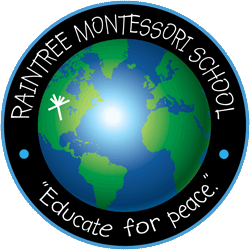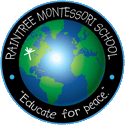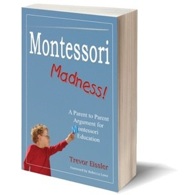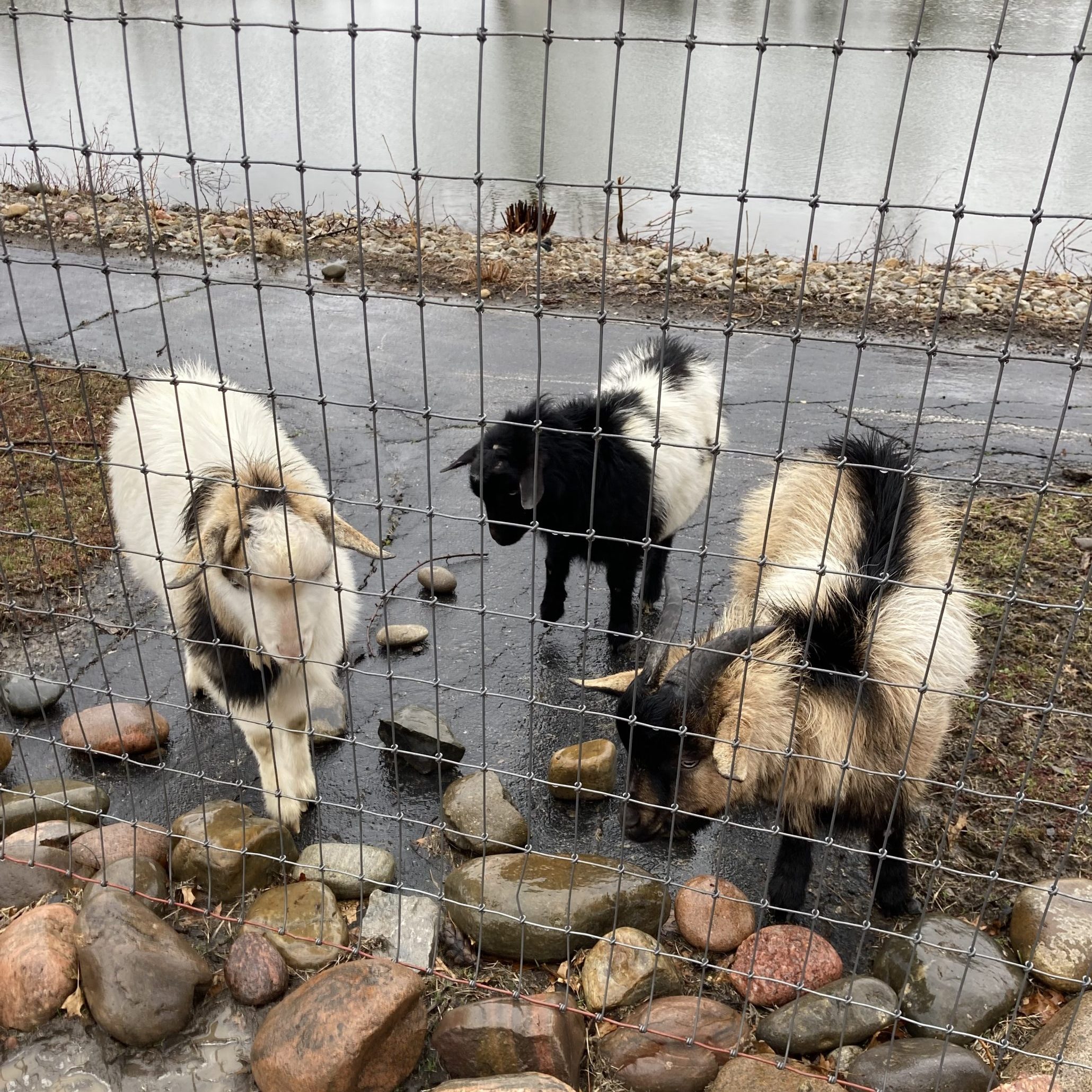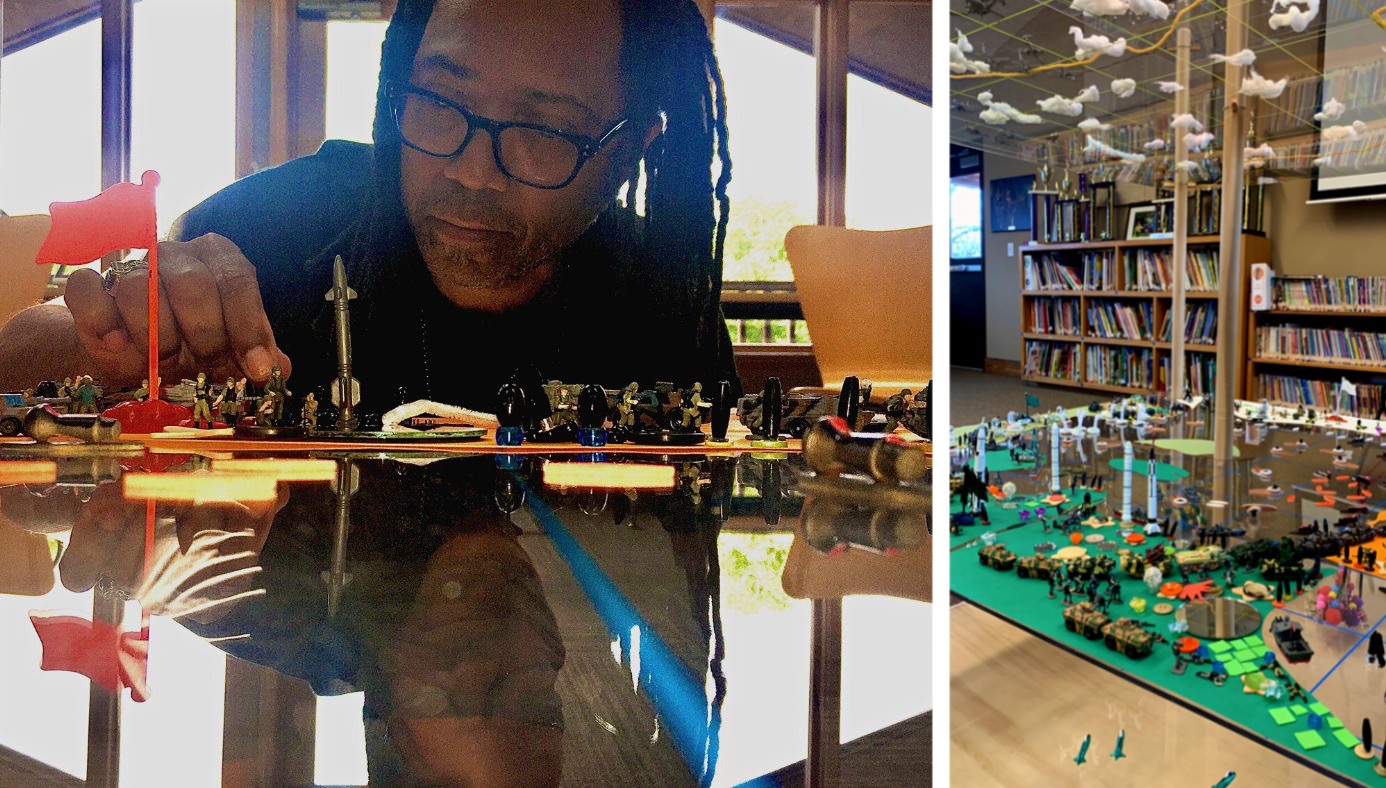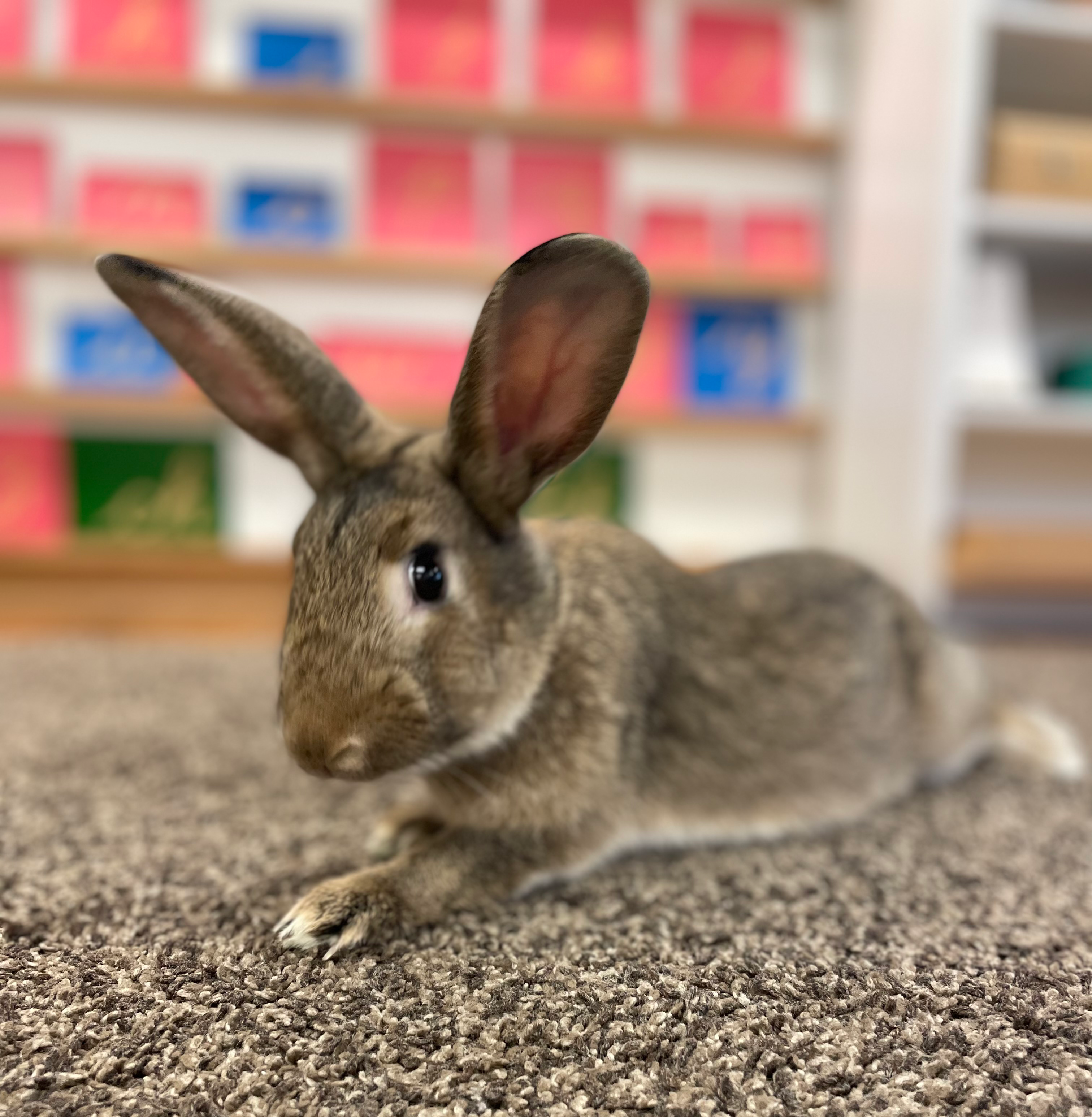An excerpt from Montessori Madness
by Trevor Eissler
Montessori education is infused with the idea of community. One experience has given me a singular perspective on the importance of community. It was a plane crash. My own. Shortly after college, I drove to Alaska looking for a job flying airplanes and some adventure. There was plenty of both there, and I found myself flying a small single-engine Cessna up and down the Bering Sea coast of western Alaska. My job was to fly a load of freight from one of the larger towns with a hub airport to the various villages along the coast.
On one sunny spring day, I departed the hub airport in the town of Bethel with a full load of boxes. I leveled the plane at 2000 feet, ran through the climb checklist and the cruise checklist, and began to relax with nothing much to do until it was time to descend. Suddenly, I was blasted by a deafening silence. Stunned, it took me a moment to realize that something terrible was indeed happening. My engine had quit. More specifically, and unknowable to me at the time, the cable connecting the throttle lever to the engine had vibrated loose and the engine had rolled back to idle. Either way, I was coming down in a hurry. I had approximately two minutes.
I lowered the nose of the plane to maintain enough airspeed and looked for a place to “land.” I had just enough time to slide my seat back and to cinch the seatbelt as tight as it would go (to prevent my head from impacting the instrument panel). I ran through the emergency checklist and finally reached the item on the checklist that read, “Radio Mayday.” “Bethel Tower, I have an emergency. Engine failure. Fifteen miles out on the 240 radial. One person on board.”
The controller instantly radioed back, “Understand engine failure, 240 radial, fifteen miles. I’m calling Search and Rescue now.”
And that was the last thing he said to me. I only had a few seconds left and was concentrating on setting the airplane down in the water near the edge of the softest-looking pond I could find. But I was to be surprised yet again; this time by a feeling. I was almost overwhelmed by a single emotion. Not fear, not regret, not a sense of my life flashing before my eyes, not panic. Just one emotion: loneliness. A powerful loneliness like I had never felt before. Tough it was all I could physically do to pilot the airplane, judge the landing area, and watch the ground rush up, I desperately wanted to keep talking with the controller. About anything. I just wanted to keep talking to this one last human with whom I held one precious thread of connection. I just wanted him to keep talking to me. Then I crashed.
The main wheels briefly touched the surface of the pond before the nosewheel caught the water, dove under, and flipped the plane over. With a tremendous deceleration,it plowed to a halt, upside down. Wing, propeller, tail, all were broken and mangled, but incredibly, I was unhurt cinched tightly to the seat, upside down. Water began filling in on the ceiling. I quickly moved my fingers and toes, didn’t notice any pain, and forced the door open and scrambled out into the swampy pond amidst tall grass and about two feet of water. The National Guard rescued me in a helicopter, and I was back at work the next day.
I’ve thought about that loneliness over the years. I actually enjoy being alone, for hours, or even days. That has not changed. However, in one single existential moment, I gained a glimpse of what is really important to me as a human, and this is connecting with others. The nuts and bolts of life, and even the skills of flying or running a checklist, are skills that saved my life, but when it comes down to value, it’s all for naught without a connection with others. This connection is what community is based on. Community gives life value. No matter how personally successful one is, or whether or not he has been all that he can be professionally, if the connection with others, the community, is not there, it is worth nothing. “Do unto others as you would have them do unto you” is the Golden Rule, a wonderful way to say the quality of our interaction with others is of utmost importance. Do our schools reflect this?
When do students in traditional school get to interact with others? When are they allowed to freely talk with each other, help each other, answer each other’s questions, or work together? At recess? Is that it? Are they learning how to form community by sitting in assigned seats, not moving, and not talking out of fear of punishment? How is this teaching them social skills? When do they learn to care for one another?
The Montessori method helps children become great learners and build strong academic foundations, but what about their social life? Maria Montessori argued that segregation by age as in traditional school “breaks the bonds of social life, deprives it of nourishment.” How does the method “nourish” this highest function of humans and cement the “bonds of social life”? One answer is the grouping of children within a three-year age bracket into one class. This has a direct impact on their social skills. Children have the opportunity to socialize with others older or younger than themselves every day. When my kids were not old enough to tie their shoes, they each had a separate older classmate in their Montessori class who was their favorite to ask for help. Something such as this is so simple. And in Montessori, it’s not limited to shoe tying. Spelling, science, math, favorite sports teams, dolls, the weather, anything can be discussed between students in a Montessori class at any time. Help can be requested by anyone, and of anyone. It’s a community.
Personal differences blend in within a community. Strengths and weaknesses are merely points on a continuum of growth and learning, not characteristics with which to permanently define a child. Children are used to seeing a wide range of abilities. They get used to working with others at various places on that long continuum. They learn to appreciate what others can do, not what they can’t do. In this community, one can practice, and get comfortable, working with all ability levels.
We must build strong communities to support and improve the quality of our human interactions. Just as our democracy is strong when our citizens are participatory, well educated, healthy, strong, and loving, so too does a competent, compassionate, and independent people. Both are comprised of citizens who can choose to work together toward common goals, thus lessening the danger of corruption, coercion, indifference, and gullibility. Reaching out—working together to build community—is done best from a position of personal strength. Montessori children are in the trenches practicing, practicing, practicing. They are building these essential qualities everyday.
